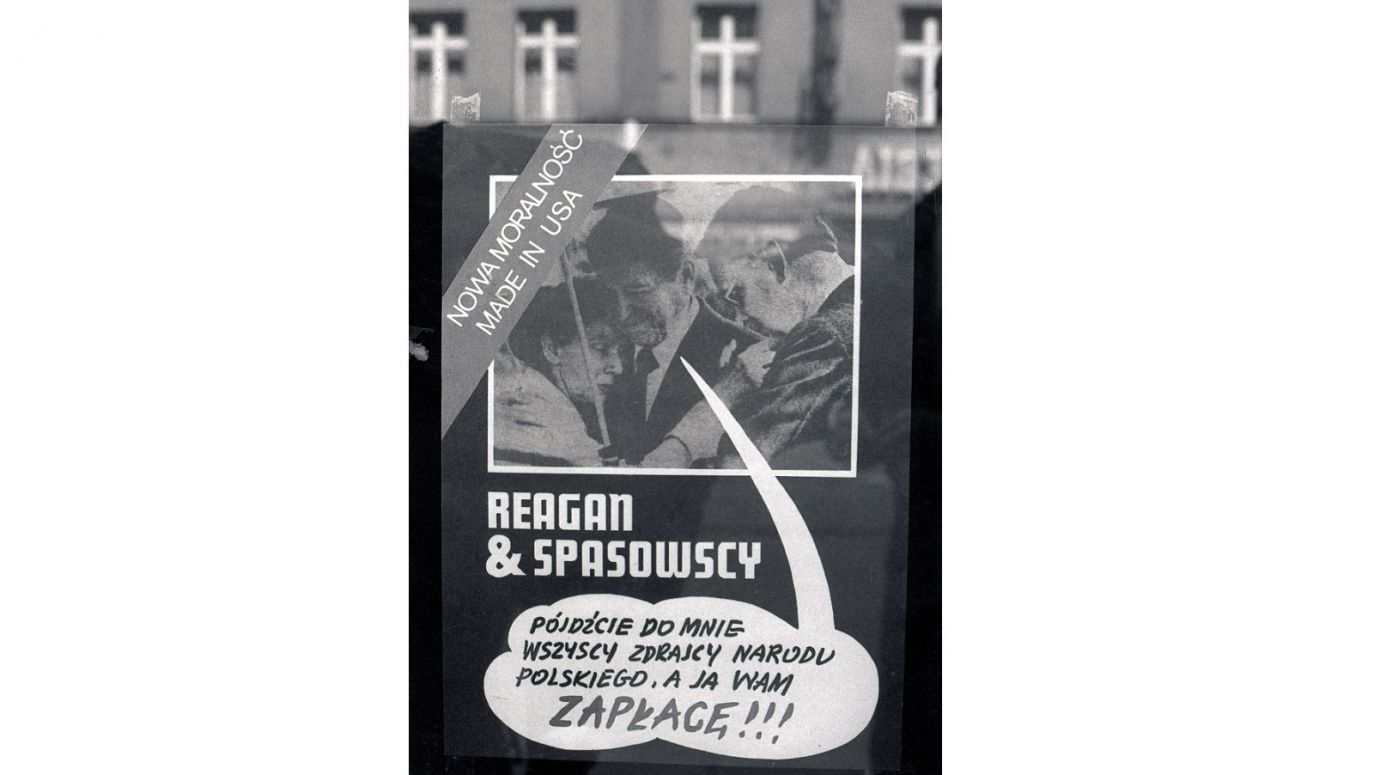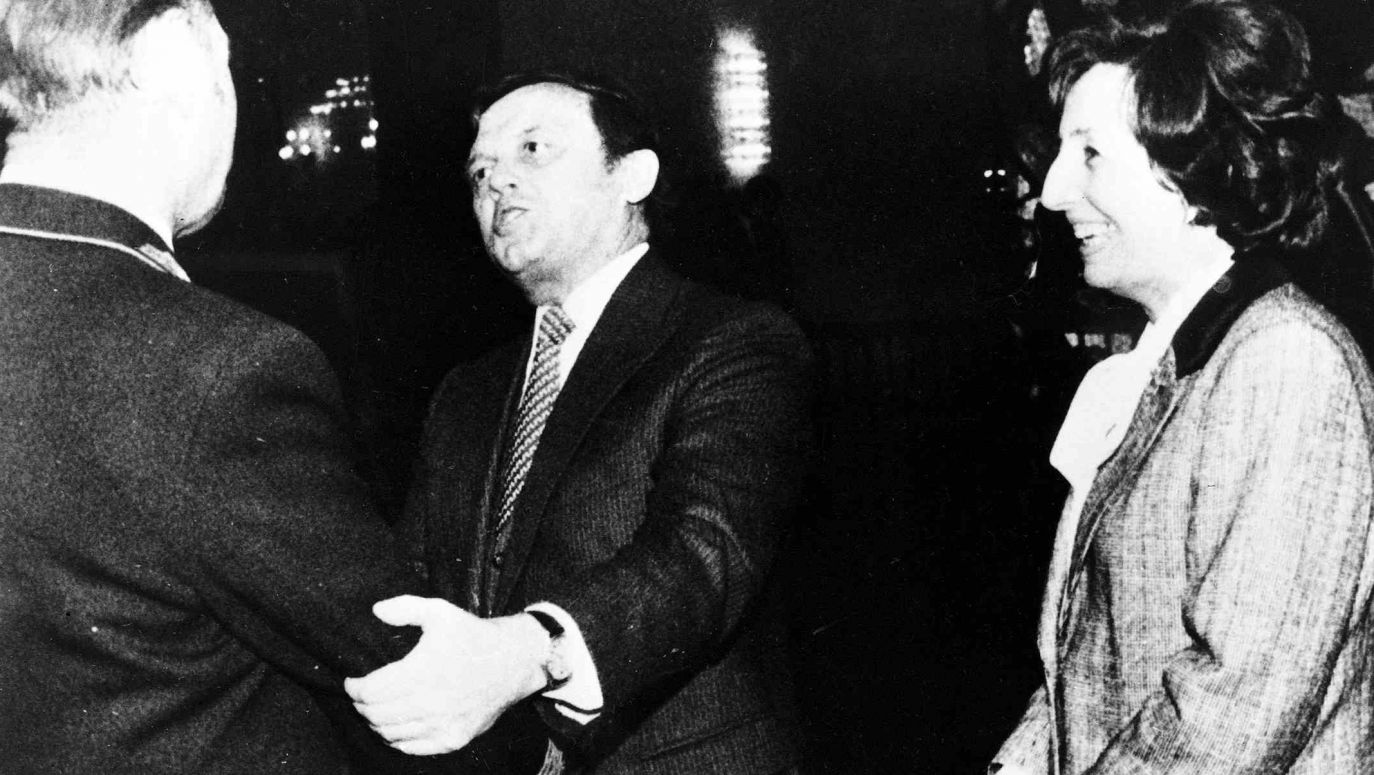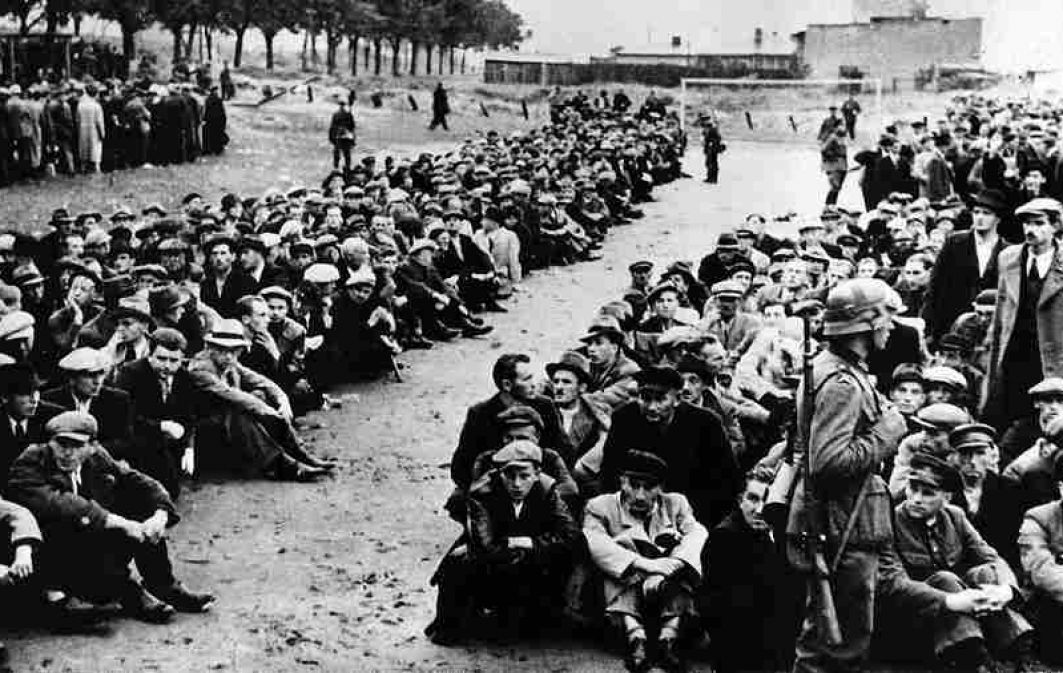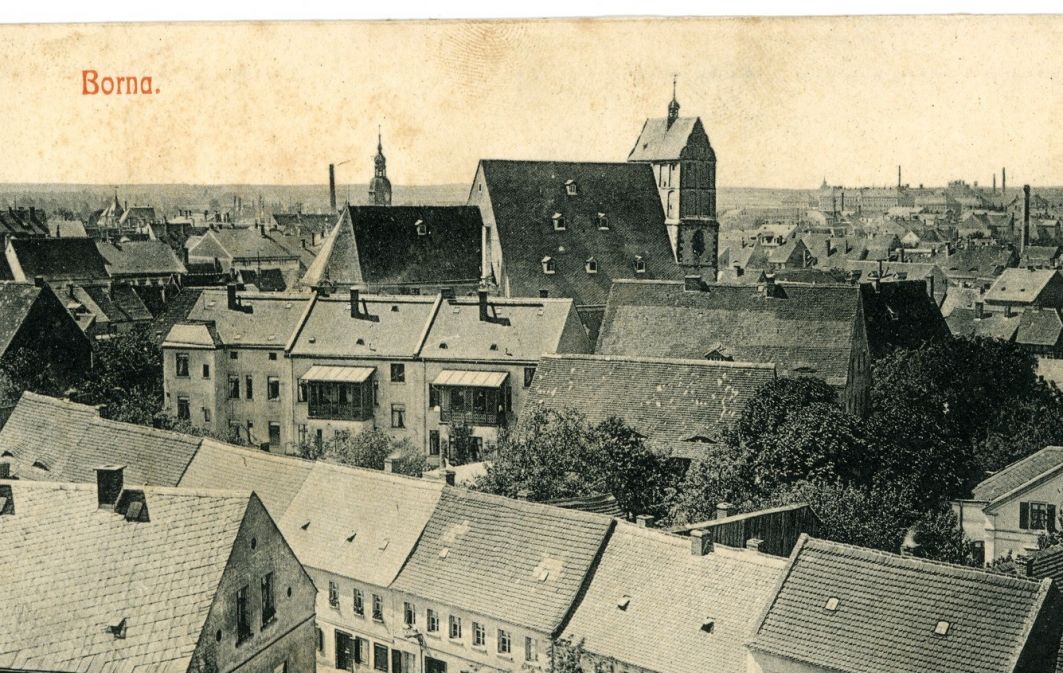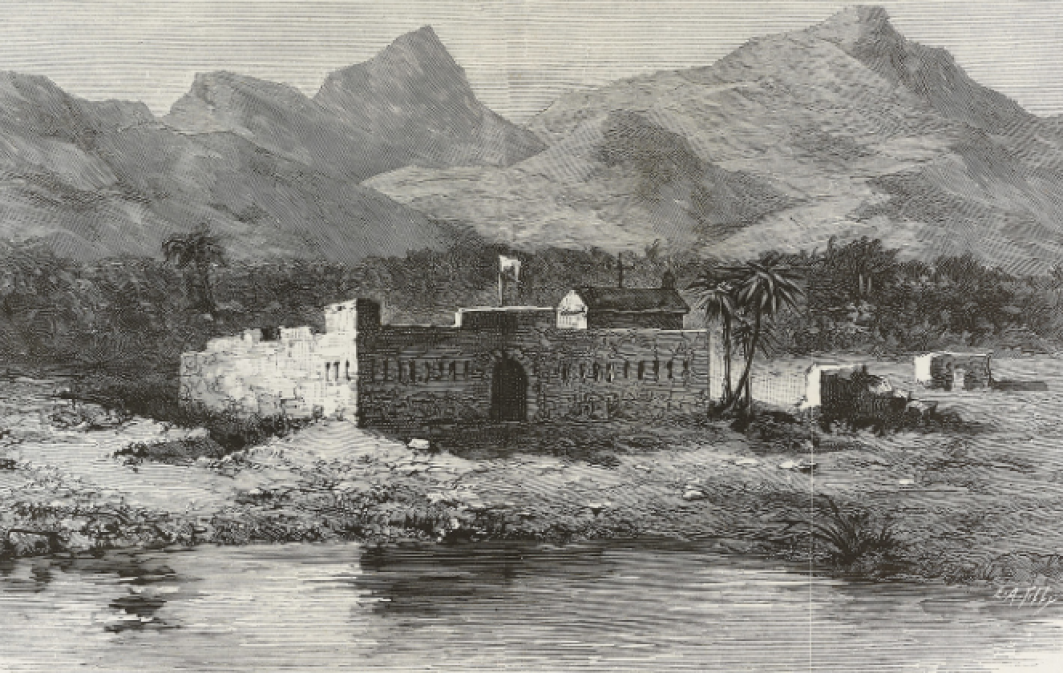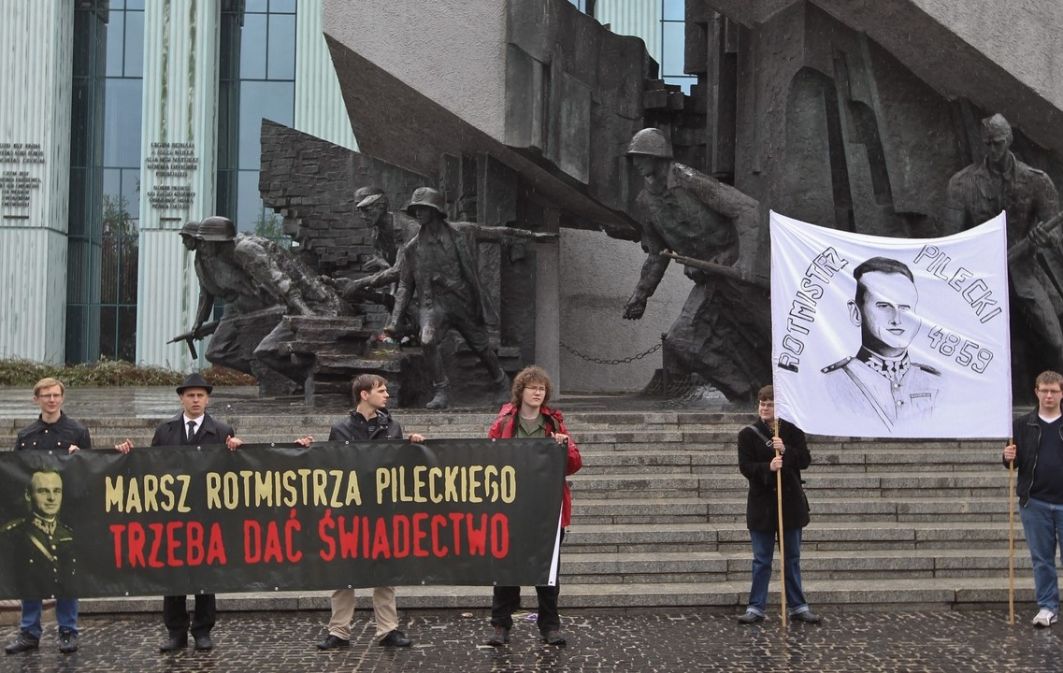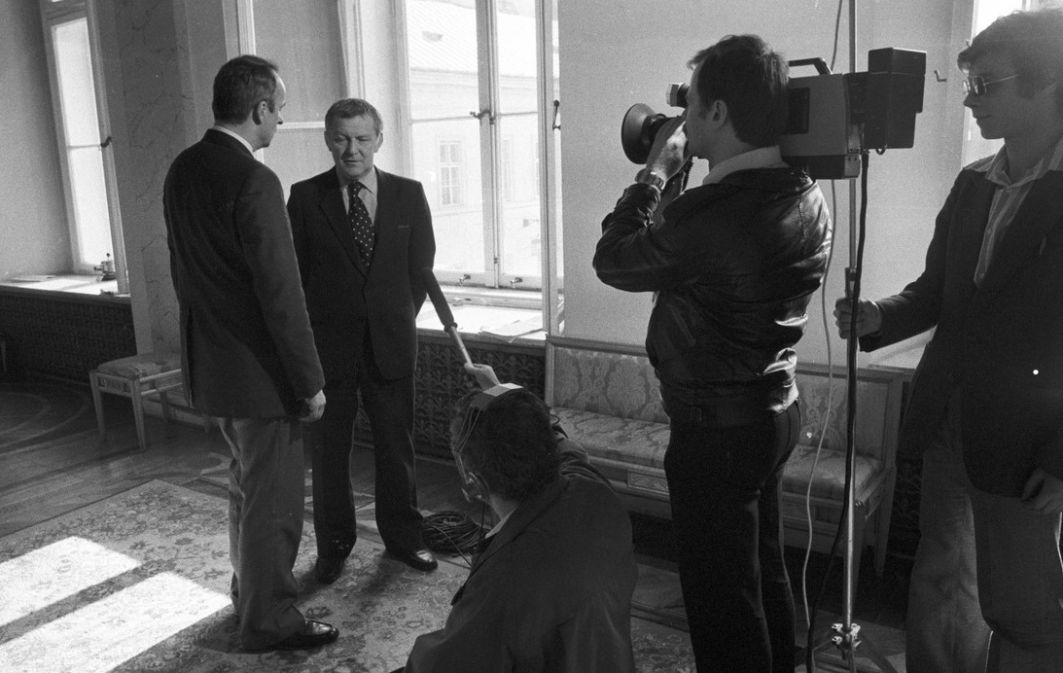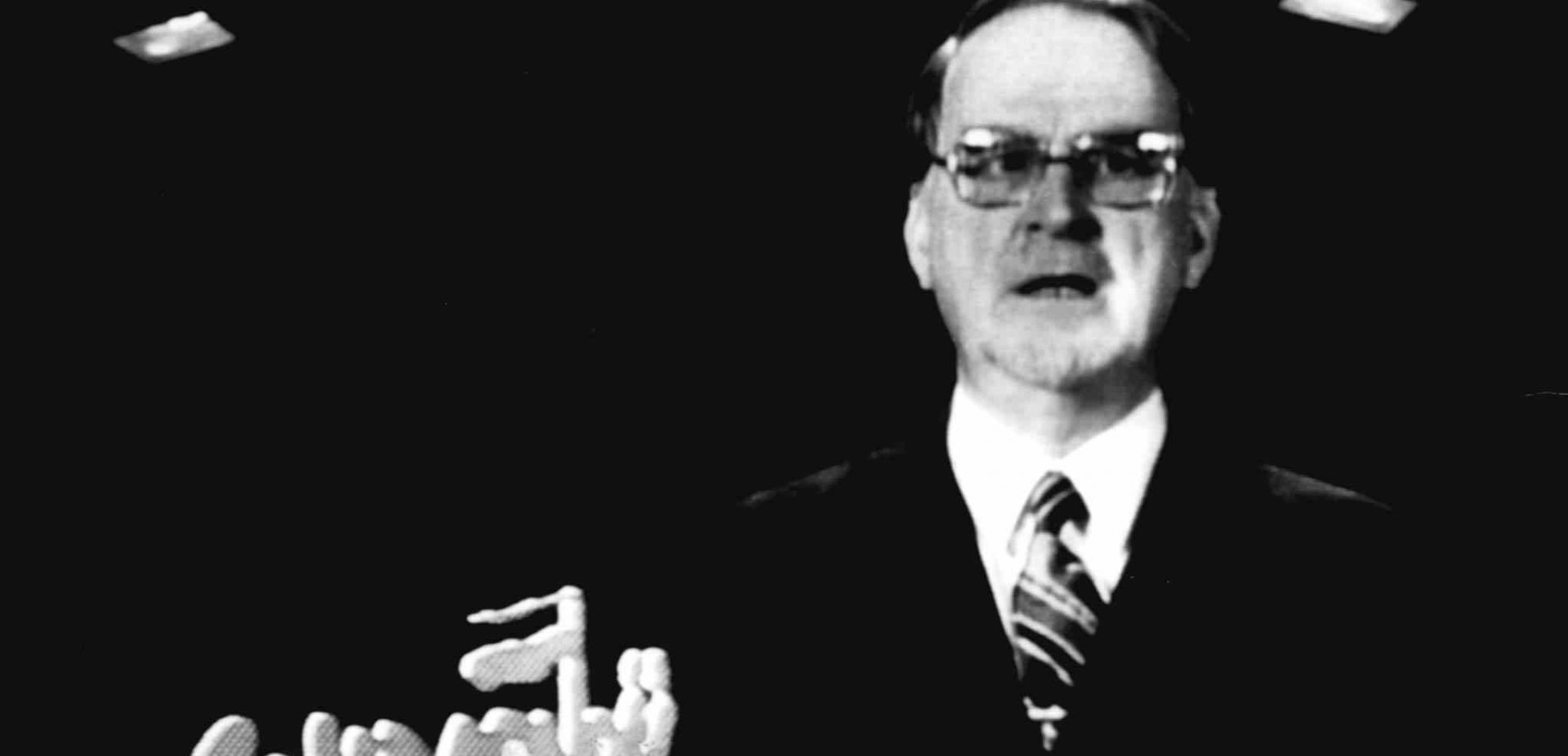
In the People's Republic of Poland, they were given the death penalty, loss of citizenship, public rights and property in their entirety. Interestingly, the reborn Republic of Poland changed Rurarz and Spasowski's death sentences to 25 years in prison in 1990. The sobering up - not without the participation of American diplomacy - came after a few months and the sentences were cancelled. Property was not recovered by both.
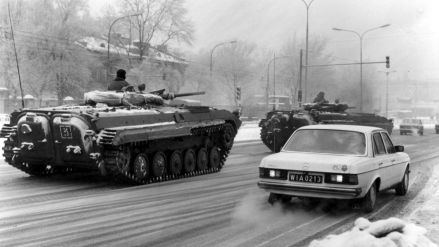
Despite the obvious violation of the constitution, after 1989 no one was brought before the State Tribunal.
see more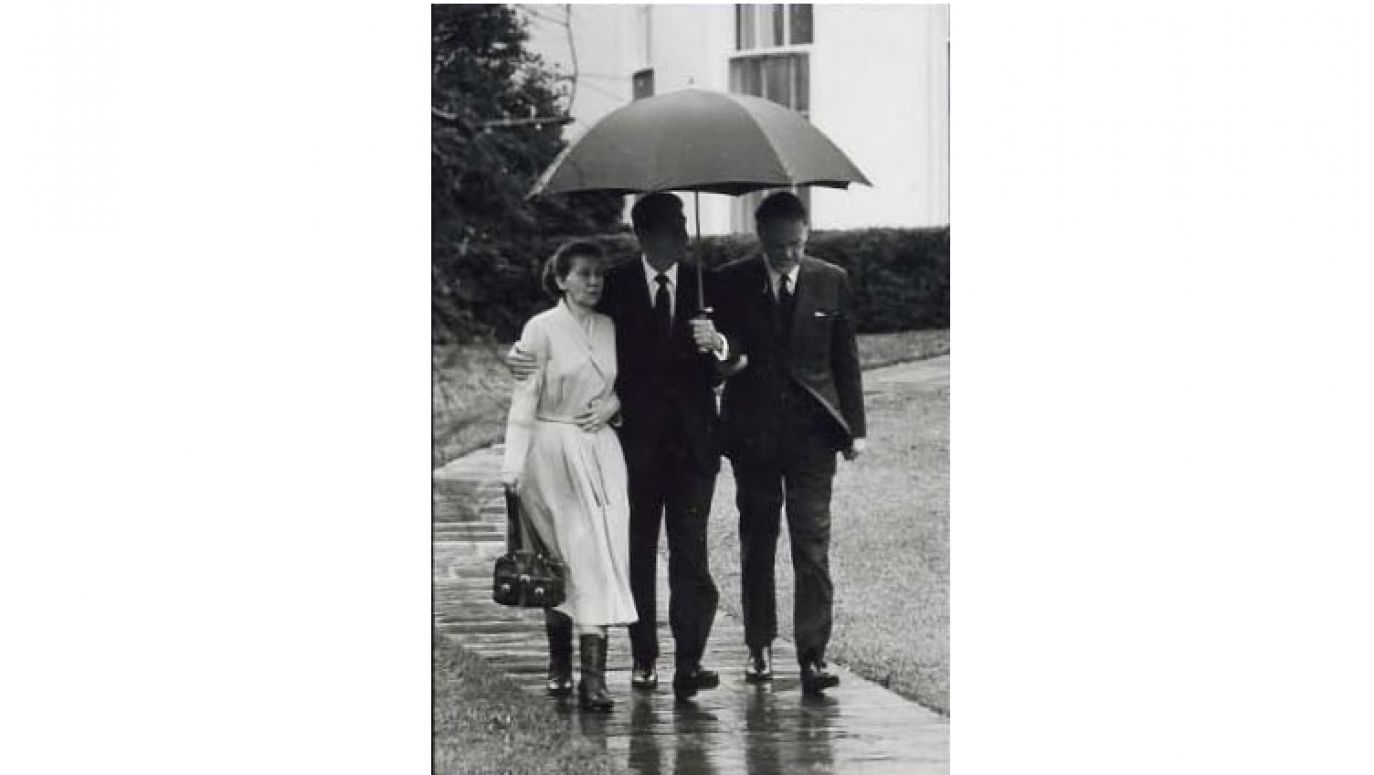

Trust ended for Polish officers with bullets in the back of their heads.
see more SIGN UP TO OUR PAGE
SIGN UP TO OUR PAGE
 Wladyslaw Spasowski was a Marxist-Leninist and a fanatical admirer of the Soviet Union. During the occupation, the elder Mr Spasowski did not live to receive a Soviet visa from the embassy in Berlin. Had it arrived, he was told at the Gestapo, the Spasowskis, father and son, would have been released from the General Government. Instead of a visa, the Third Reich's aggression against the USSR came, and so Władysław Spasowski committed suicide. In a letter, he commanded his son to be faithful to his ideals. The son swore an oath; he survived the occupation in his mother's house (his parents were divorced) in Milanowek, learning foreign languages. The arrival of the Red Army brought the possibility, and the necessity, to follow in Władysław's footsteps - not everyone has a father who has a street in Warsaw (1952-1992).
Wladyslaw Spasowski was a Marxist-Leninist and a fanatical admirer of the Soviet Union. During the occupation, the elder Mr Spasowski did not live to receive a Soviet visa from the embassy in Berlin. Had it arrived, he was told at the Gestapo, the Spasowskis, father and son, would have been released from the General Government. Instead of a visa, the Third Reich's aggression against the USSR came, and so Władysław Spasowski committed suicide. In a letter, he commanded his son to be faithful to his ideals. The son swore an oath; he survived the occupation in his mother's house (his parents were divorced) in Milanowek, learning foreign languages. The arrival of the Red Army brought the possibility, and the necessity, to follow in Władysław's footsteps - not everyone has a father who has a street in Warsaw (1952-1992). 